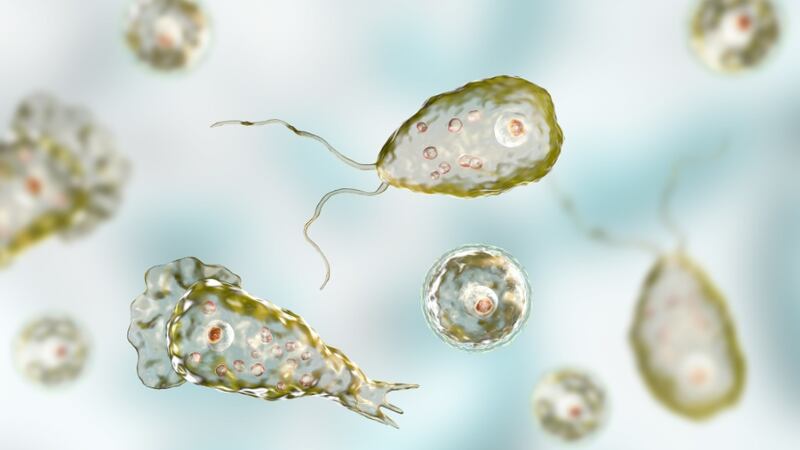WAKE FOREST, N.C. — A North Carolina child who fell ill in early August after swimming in a private pond died Friday as a result of a rare brain infection caused by an amoeba in the water, the state’s Department of Health and Human Services has confirmed.
WRAL confirmed the child’s identity as 6-year-old Aven Moffat of Wake Forest, who was sickened after swimming in the freshwater pond on his family’s property.
“We are completely broken by the loss of our beloved and amazing Aven,” the Moffat family said in a statement provided to the TV station.
North Carolina health officials have linked the child’s illness to Naegleria fowleri, a ‘brain eating’ amoeba commonly found in freshwater that does not typically sicken anyone who swallows it but can be fatal if forced up the nose, such as when jumping or diving into water, the Greensboro News & Record reported.
“Once the amoeba enters the nose, it travels to the brain where it causes (primary amoebic meningoencephalitis, or PAM), which is usually fatal,” the U.S. Centers for Disease Control and Prevention stated on its Naegleria fowleri page.
According to the North Carolina Department of Health and Human Services, only 147 Naegleria fowleri infections were diagnosed nationwide between 1962 and 2019, and only six of those cases occurred in North Carolina. Despite the infection’s rarity, Moffat’s death is the second amoeba-related fatality to occur this month. The first claimed the life of a 7-year-old California boy on Aug. 7.
>> Related: Boy, 7, dies from brain-eating amoeba after swim in California lake
Early-stage symptoms can include a severe headache, fever, nausea and vomiting. As the infection worsens, patients can develop a stiff neck and experience seizures or hallucinations, according to the CDC.
Meanwhile, the Moffat family has founded the Amazing Aven’s Quest for Amoeba Awareness, a nonprofit dedicated to raising awareness and advance medical treatments for amoeba-related illnesses, WRAL reported.
“Our heart-felt condolences and sympathies are with the family and friends of this child,” State Epidemiologist Dr. Zack Moore said in a prepared statement.
“Although these infections are very rare, this is an important reminder that this amoeba is present in North Carolina and that there are actions people can take to reduce their risk of infection when swimming in the summer,” Moore added.
©2021 Cox Media Group








